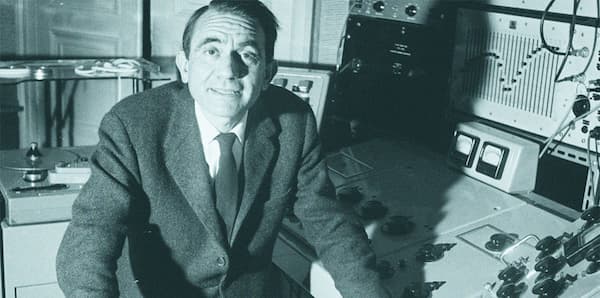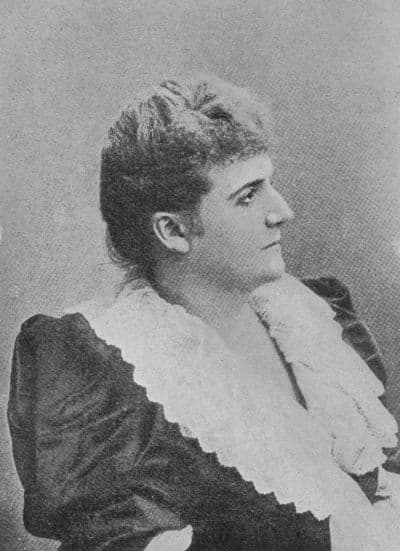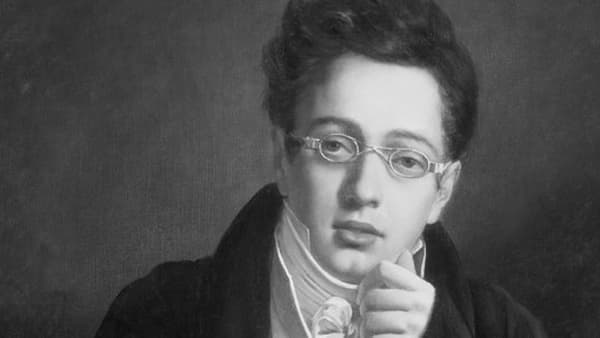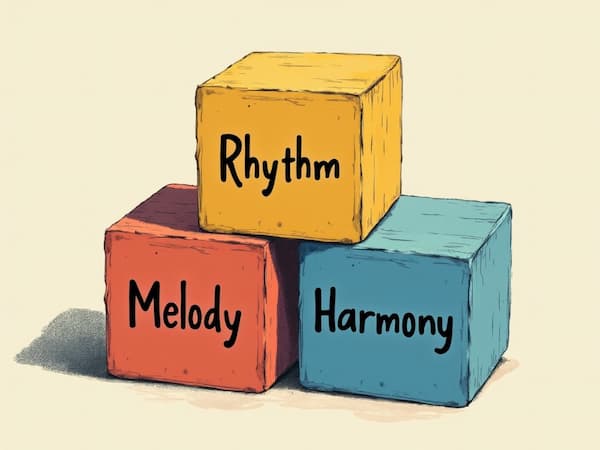
Rentarō Taki
With the Meiji Restoration in 1868, Japan began to modernize. Western systems and Western technology were adopted and Western music was allowed to return after a 250-year absence. The Tokyo Academy of Music opened in 1887 and one of its early graduates was Rentarō Taki (1879-1903).
Taki graduated from the Academy in 1894 and 5 years later was offered a teaching position there. He took the music skills he’d learned and applied them to the western music he heard around him. Western music in Japanese music classes often had badly-adapted Japanese lyrics forcibly grafted onto the western melodies. There was a definite need for a Japanese composer to write Japanese songs and Taki stepped in to fill that need.
Two of his early songs, Kōjō no Tsuki (The Moon over the Deserted Castle) and Hakone Hachiri, were used in music books for junior high students compiled by the Ministry of Education. Three other songs, Oshogatsu (New Year’s Day), Hato Poppo (Pigeons), and Yuki Ya Konko (Japanese Snow Song), were included in the 1900 book for kindergarten students. They are regarded as the oldest nursery songs to be composed in Japan.
In 1901, at age 21, Taki went to the Leipzig Conservatory, the second Japanese student to attend and the third student to leave Japan to study music. Unfortunately, his studies were cut short when he caught tuberculosis. He retuned to Japan in 1902 for treatment which was unsuccessful. He died on 29 June 1903, age 23.
With two exceptions, all his music was written for vocal performance. His 1900 piano work, Menuetto, was the first piano solo by a Japanese composer. It is in a classical style, with a contrasting major-key trio section.
Rentarō Taki: 2 Piano Pieces – I. Menuetto in B Minor (Noriko Ogawa, piano)
The music for the song Kōjō no Tsuki was inspired by the runs of Oka Castle and the lyrics, written by Bansui Doi, were inspired by the ruins of Aoba Castle and Aizuwakamatsu Castle. The song was an international hit in 1925 for Yoshie Fujiara and a jazz hit for Thelonious Monk on his 1967 album Straight, No Chaser as Japanese Folk Song. The German heavy metal band Scorpions sang a version for a concert in Tokyo in 1978.
Rentarō Taki: Kojo no Tsuki (Moon at a Desolate Castle) (Vitaly Yushmanov, baritone; Yoshio Tsukada, piano)
Rentarō Taki: Kojo no tsuki (arr. M. Mamiya for cello and chamber ensemble) (Yo-Yo Ma, cello; Patricia Zander, harpsichord; Pro Musica Nipponia; Michio Mamiya, cond.)
Thelonious Monk: Japanese Folk Song
His song Hana (The Flower) was the first part of his 4-song suite Shiki (4 Seasons).
Rentarō Taki: Hana (The Flower) (arr. S. Nakanishi for voice and piano) (Hirohisa Tsuji, tenor; Akane Nakanishi, piano)
His other non-vocal work, ‘Urami’ (Regret or Grudge), was written during his unsuccessful convalescence. It’s a brief fierce work, full of octave runs and emphatic cadences, written by someone who sees his end. It was his last work, completed 4 months before his death.
Rentarō Taki: 2 Piano Pieces – II. Grudge (Noriko Ogawa, piano)
Despite his short life, Rentarō Taki’s songs have proved to be remarkably long-lived. Two songs were used by Japan Rail as departure songs for two of their stations, another has come into the rock and jazz world and now into the videogame world. As a link between classical European and Japanese song, Rentarō Taki served as a critical bridge, helping Japanese song become international and bringing western-style music with a Japanese flavor to young school children. More than a century after his death, his songs remain known in Japan.
For more of the best in classical music, sign up to our E-Newsletter
We would like to acknowledge Vitaliy Katsenelson whose article Rentaro Taki – Kojo No Tsuki let to our discovery of this composer.




